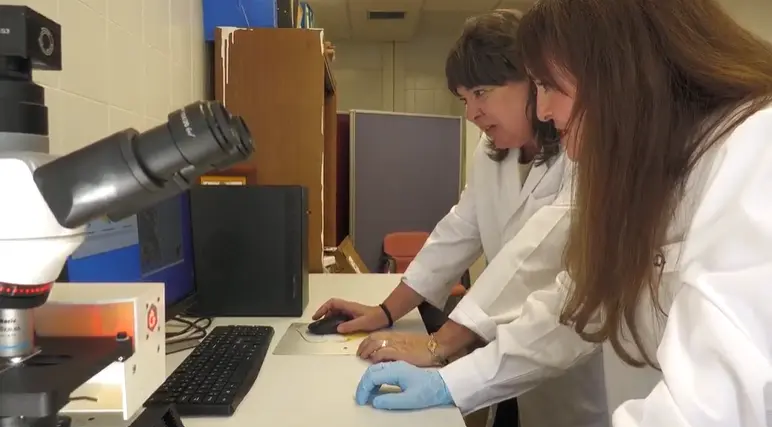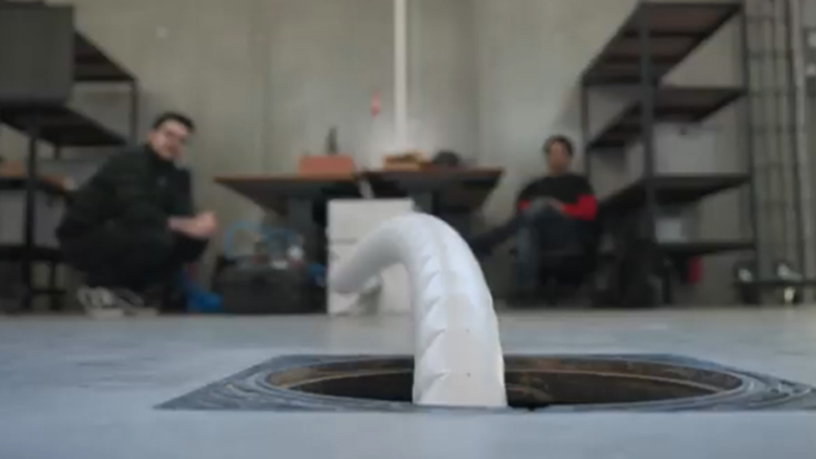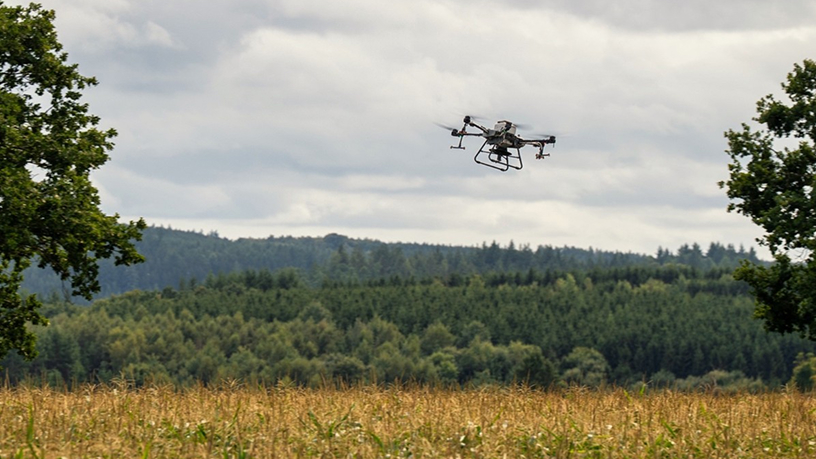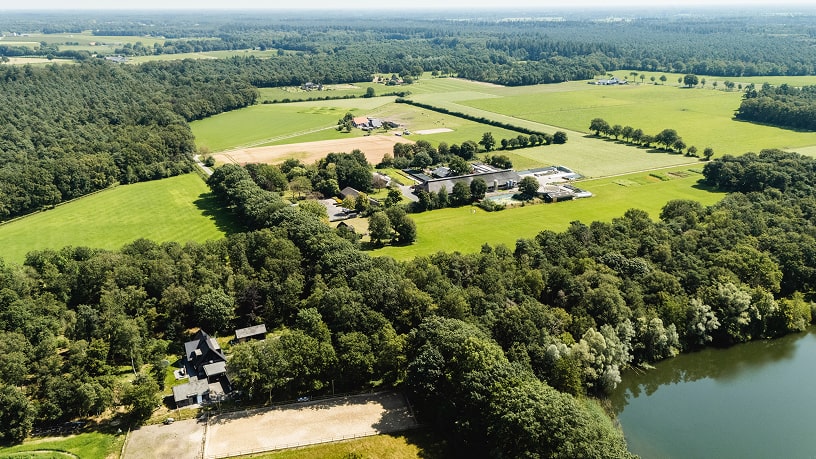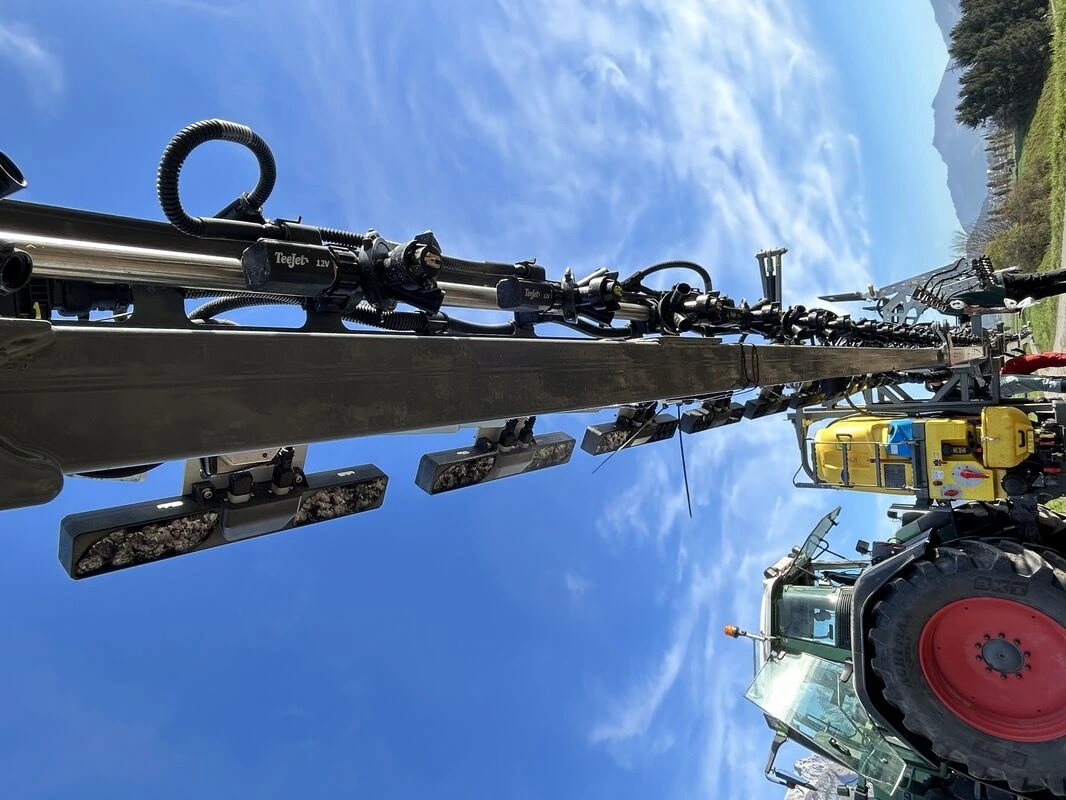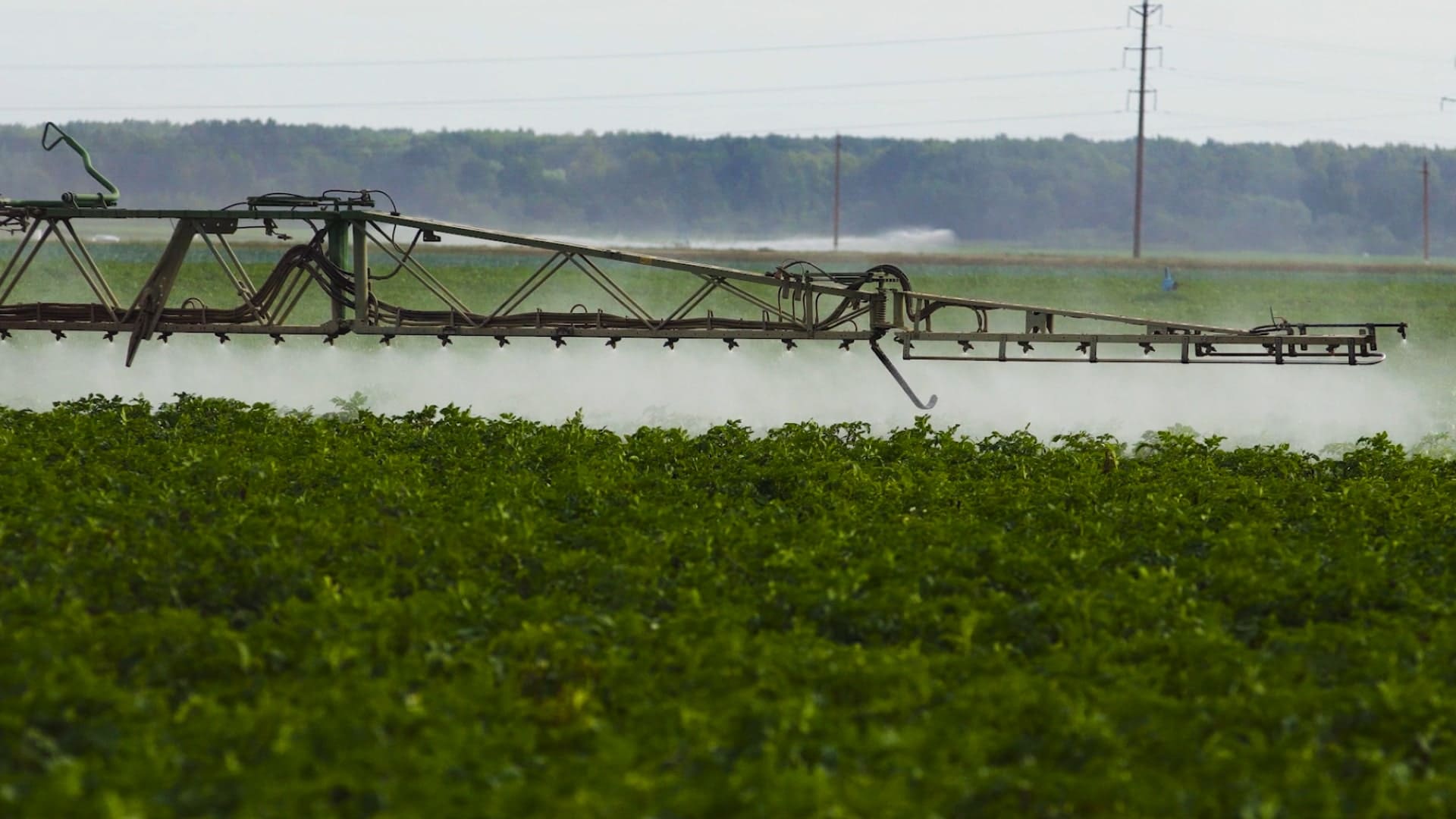Overview
With the development of AI models in most sectors of society, the importance of the data used to train and test these models has been an important concern for the AI supplier. Understanding the quality of the datasets used, especially in sectors such as the agricultural and agrifood domains where data can be rare, is thus a prerequisite to ensure the correct development of AI models and build trust regarding these approaches for society. This service aims to answer this challenge by assessing the quality of datasets provided by the client. The features of the datasets that will be analyzed are based on agreed definition by the AI community: completeness, balance, diversity, accuracy... The dataset's quality assessment will begin by establishing the list of the system's influencing factors necessary for the constitution of a database. These factors will be identified both by using LNE expertise and outside sources, such as agrifood-relevant experts. Using these factors, LNE will analyse the distribution (or weight) of the various influencing factors in the databases and compare it to that under normal conditions of use in order to assess the representativity and balance of the dataset.
More about the service
How can the service help you?
How the service will be delivered
Service customisation
- Laboratoire National de Meterologie et d'Essais (LNE) | Website

